An excerpt from The Illustrated World’s Fair Vol. 3, No. 16, October 1892, p. 330:
EX-MAYOR CARTER H. HARRISON ON CHICAGO
AN ARTICLE BY THE BEST-KNOWN CHICAGOAN.
In the middle of an elegant street, well toward the heart of the city of Chicago, stands a dead cottonwood tree. Trunk and branches are bare of bark. It is gnarled and white. Should one cut a cross-section of the trunk he would probably not be able to count a hundred annual rings, for the tree when it died a little while ago was less than a century old …
But today, around that dead tree, while the dedication of a world’s grateful commemoration of the voyage of Columbus is being perfected, rise up hundreds of palatial homes, homes of men of great fortune. Close by it is the dwelling of a man so rich that Croesus’ wealth compared to his would have been but a mite. Within a half-mile are the dwelling places of dozens of millionaires, some of them many times millionaires. All of their mighty fortunes were reared not far from the spot where stands this dead tree. None of their wealth was brought here. Spread around it is a mighty city—a city where the merchant does his business in a temple and has a palace for his home. In this city is one of the best-endowed universities of the world. Here are eleemosynary institutions by the hundred to attest the charity, the civilization, that has made its home on the borders of Lake Michigan. Fourteen score of school buildings lift their imposing fronts, and through their portals daily hurry a hundred and odd thousand children to acquire the elements of education necessary to befit them for freedom, for citizenship, and for intelligent patriotism. This city is the second one of America in population, and the sixth in the world, and in enterprise probably is the third on the globe. What reflections one standing by that tree must have and does have when he considers the mighty changes here wrought within the lifetime of a man not yet three score and ten years old. It was a fitting thing that it should have been chosen for the site of the Columbian Exposition, to exhibit to the world the product of a civilization made possible by the coming of Columbus.
…
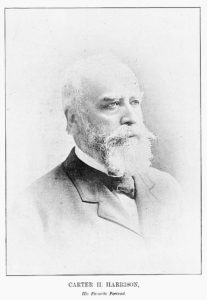 Even to a Chicagoan, one who is to the manor born, or who has lived here and remembers when the city’s streets were lined with commonplace wooden buildings, or who recollects when it was shrouded in a mantle of smoke and the ashes of despair were scattered over it; even to these this city causes one to marvel and is a source of wonder. The writer hereof arrived in Chicago over thirty-seven years ago. Having been honored by his fellowmen, he became familiar with the administrative details of the city, and thereby recalls well its condition at various periods of its existence. It is with a feeling of glowing pride that he looks upon this mighty hive of industry into which have been gathered the picked and adventurous of every nation—aye, of every tribe on the globe—men speaking every language known to men; when he looks out to the great factories and workshops from which is daily sent a commerce that reaches every corner of the world, for he has seen the wooden box and the tin can marked “Chicago” in almost every land of the globe; when he awakes in the still hours of night and hears the puff of the locomotive, which is never silent for a single moment, for trains are coming into or going out of Chicago every two minutes of the twenty-four hours; he looks over this great hive and marvels even more, probably, than will the foreigner who comes here next year, and feels a sense of exquisite pleasure when he sees all of the great things this city has done, and can say Et quorum pars fui.
Even to a Chicagoan, one who is to the manor born, or who has lived here and remembers when the city’s streets were lined with commonplace wooden buildings, or who recollects when it was shrouded in a mantle of smoke and the ashes of despair were scattered over it; even to these this city causes one to marvel and is a source of wonder. The writer hereof arrived in Chicago over thirty-seven years ago. Having been honored by his fellowmen, he became familiar with the administrative details of the city, and thereby recalls well its condition at various periods of its existence. It is with a feeling of glowing pride that he looks upon this mighty hive of industry into which have been gathered the picked and adventurous of every nation—aye, of every tribe on the globe—men speaking every language known to men; when he looks out to the great factories and workshops from which is daily sent a commerce that reaches every corner of the world, for he has seen the wooden box and the tin can marked “Chicago” in almost every land of the globe; when he awakes in the still hours of night and hears the puff of the locomotive, which is never silent for a single moment, for trains are coming into or going out of Chicago every two minutes of the twenty-four hours; he looks over this great hive and marvels even more, probably, than will the foreigner who comes here next year, and feels a sense of exquisite pleasure when he sees all of the great things this city has done, and can say Et quorum pars fui.
—CARTER HARRISON, Chicago, October, 1892.
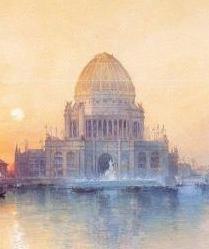
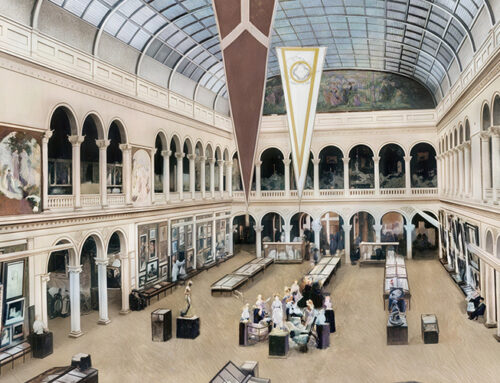
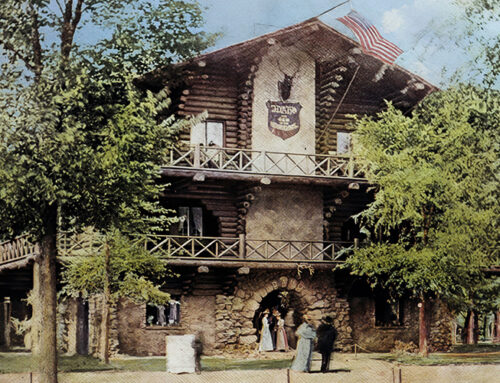
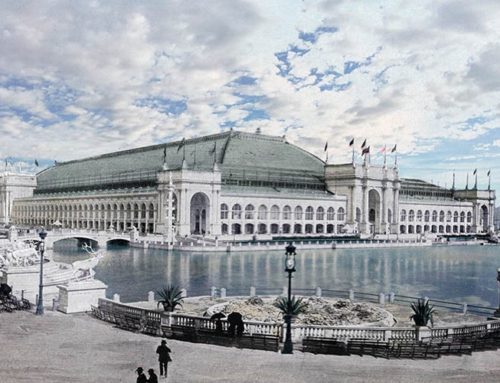
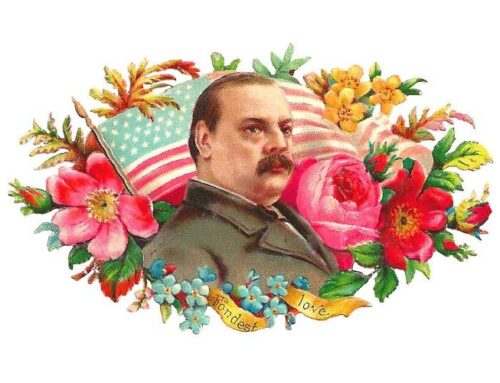
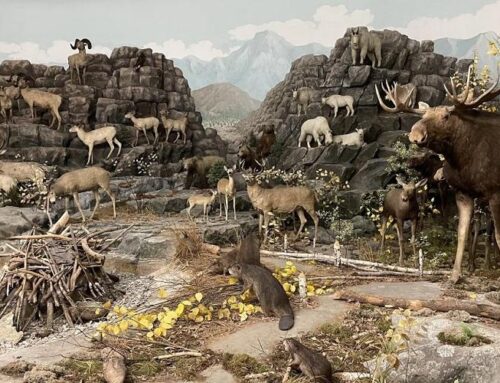
Leave A Comment